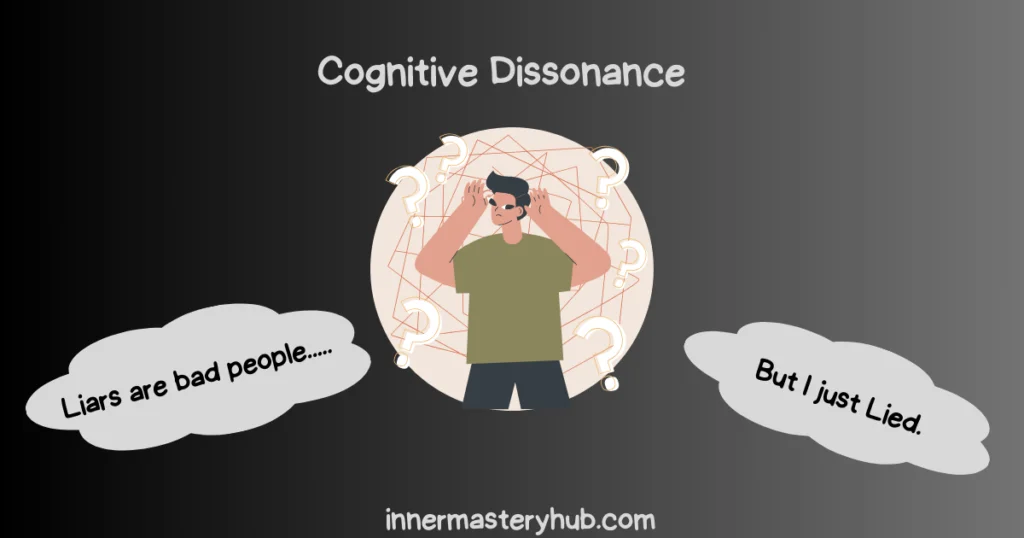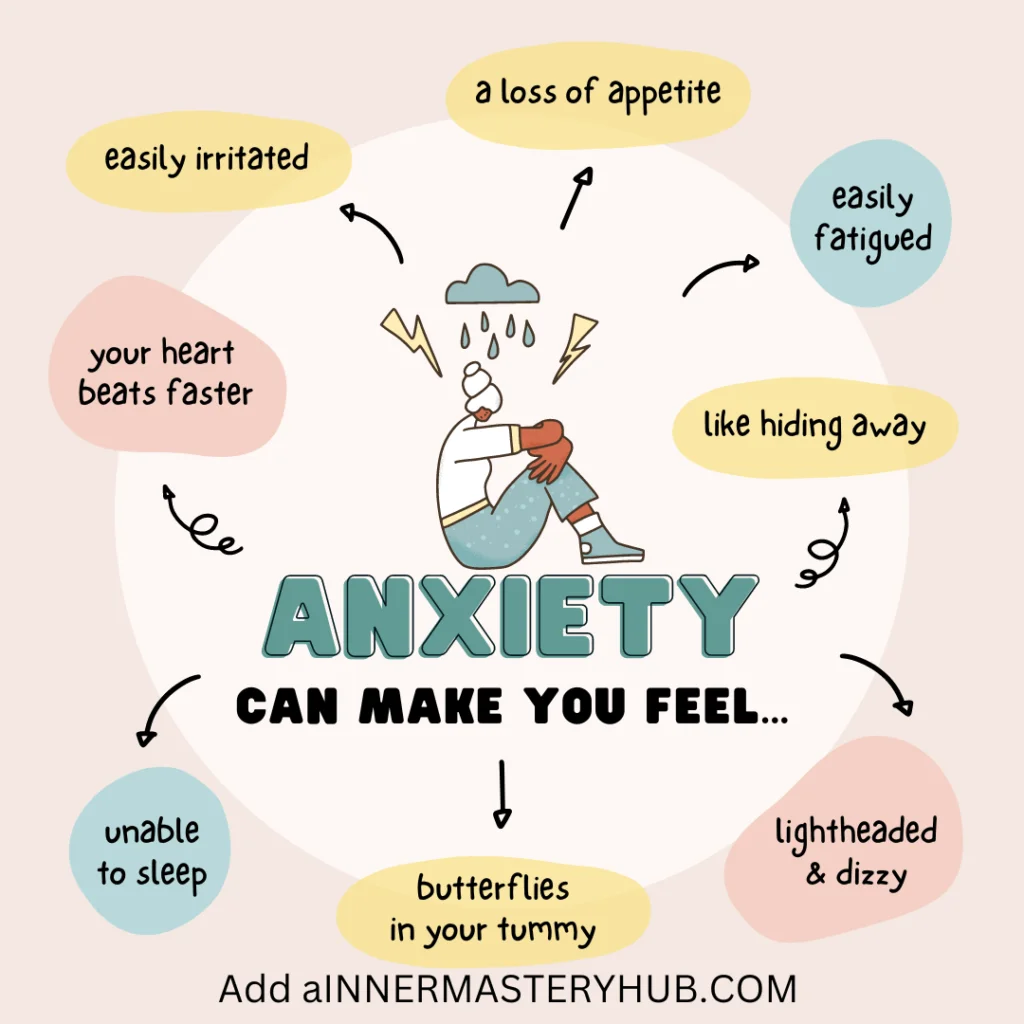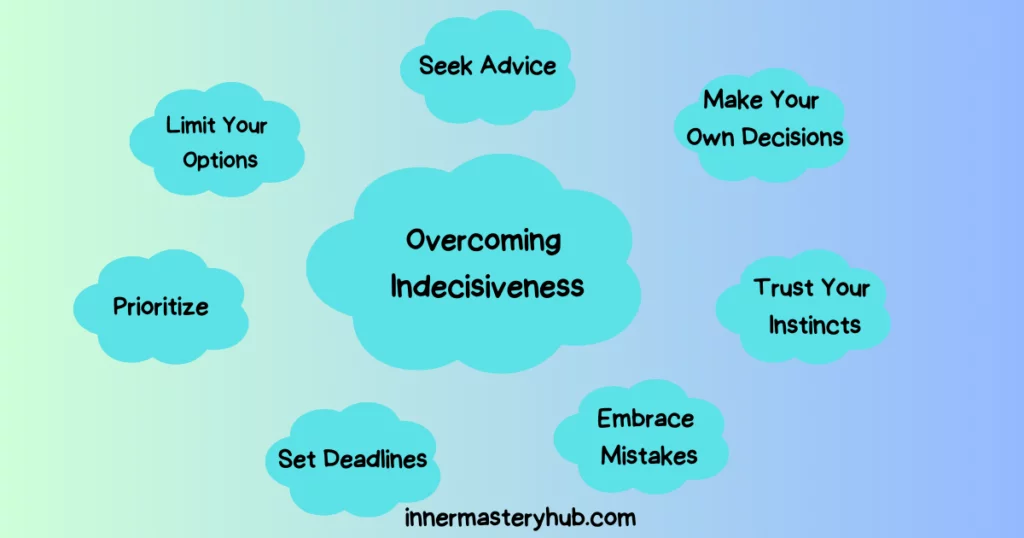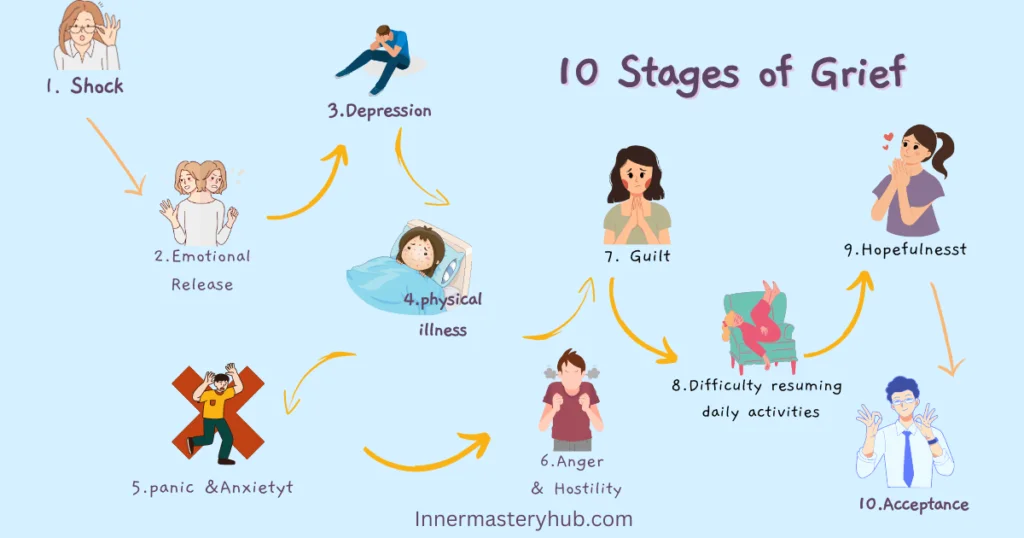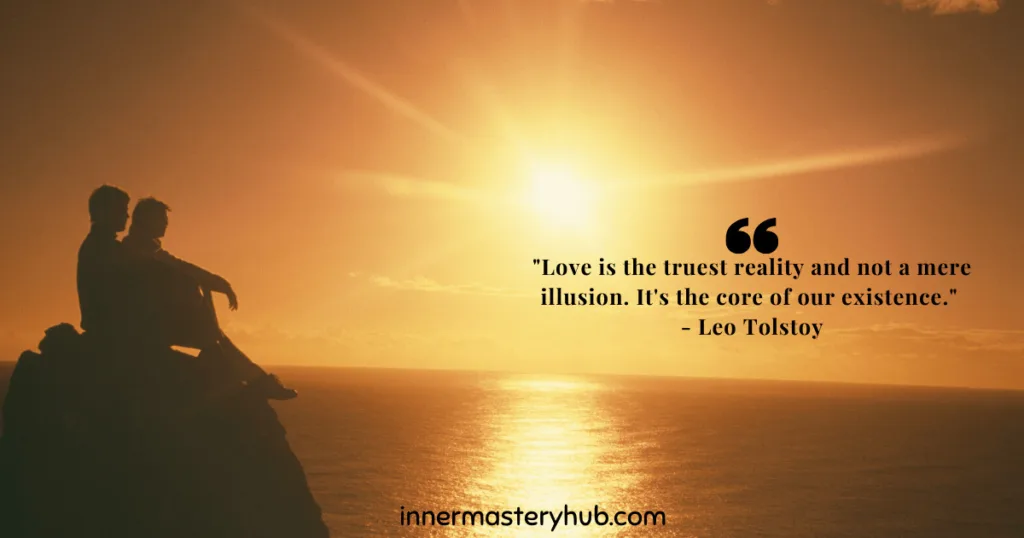
Love, the enigmatic force that has inspired poets, artists, and philosophers for centuries, has often been described as the most powerful of human emotions. Yet, beneath its enchanting veneer lies a question that has haunted countless hearts and minds: Is Love merely an illusion?
By investigating the human heart and intellect, we set out to unravel the complex web of love. We seek to illuminate the ancient enigma of Love’s veracity from the fields of science and psychological understanding. So come along with us as we make our way through the maze of feelings in an attempt to find the answers to the age-old query: Is love a beautiful illusion or is it real?
Related: Overcoming the “I Hate My Body” Struggle
Table of Contents
Why You May Think Love Is An Illusion
Why somebody would even think that love is an illusion is a question you may have. Now let’s get started. Remember when you had your first crush? Do you still have that queasy feeling in your stomach? When they even looked in your direction, did they act giddy? Now consider how you felt when your crush subsided.
Is it excessive in retrospect? We can feel somewhat crazy since our brains are designed to release a variety of chemicals in response to attraction. When the initial excitement of infatuation subsides, we may reflect on the past and question if the feelings we had were genuine or merely a mental construct.
The narrative is comparable in real life. When we encounter a new and attractive person, we frequently use our fantasies and aspirations to fill in the gaps in our information about them.
We give them the appearance of being a great match, but when we learn more about them and their shortcomings, that illusion may be destroyed. It is comparable to purchasing a brand-new device that you believe to be ideal just to discover upon arriving home that it is not functional.
We may believe we are in love when, in reality, it may just be infatuation or want due to the illusion of perfection our imaginations construct.
So, the next time you feel like you’re falling in love, stop and think. Is that an illusion in your mind, or is it love?
Reasons For Believing Love Is Real
Despite arguments suggesting Love is an illusion, many think that Love is a profound and genuine emotion. It goes beyond fleeting infatuation or a construct of the mind. Still, it forms a deep, enduring connection that transcends physical attraction.
One compelling reason to have faith in the reality of Love is selfless acts. When people genuinely love others, they prioritize their loved ones’ needs and happiness. This selflessness extends to familial and platonic relationships, indicating that Love isn’t solely about attraction or romantic feelings.
For example, consider the Love between a parent and child. A parent’s Love is characterized by self-sacrifice and unconditional care, regardless of the child’s behavior. It’s about desiring the child’s happiness and well-being, not reciprocation or personal gain. This kind of Love goes beyond emotional response or hormonal rush, suggesting that Love is profound and fundamental.
The capacity to love and be loved gives life purpose and meaning. Many have experienced transformative Love that brings profound fulfillment. When considering the power of Love to change lives, it’s difficult to sense it as “Love is an illusion.”
Why Love Is Not An Illusion?
Love can often be complex and even mystifying; it is far from an illusion.
Whether reflected in selfless acts of kindness, the deep bond between a parent and child, its transformative power, or the scientific evidence that underscores its distinct neurological footprint, Love’s impact is unquestionably accurate and profound. It is a fundamental aspect of human experience that shapes our lives in countless ways.
Romantic attraction, a fascinating phenomenon, triggers the same dopamine-based reward pathways in the brain as drug addiction. But let’s remember the positive side! Acts of kindness, like charitable giving, can also activate these satisfaction-inducing mechanisms. Our brains are wired to respond to various behaviors that bring us joy.
Now, here’s where it gets interesting.
There are fascinating differences between the brain foundations of addiction and love, according to recent studies. In contrast to substance abuse diseases, love increases activity in the parts of the brain that control social cognition, or our capacity to comprehend and sympathize with others.
According to this, love can increase rather than decrease our understanding of those around us. There is no denying that love is a complicated and multifaceted sensation that shapes our relationships, affects our actions, and even increases our capacity for empathy.
Stanford University School of Medicine and Neuroscience investigated the relationship between pain perception and love. Via dopamine and the brain’s reward systems, passionate love changes mood and affects how pain is perceived. Comprehending these pathways could result in novel approaches to pain management.
Love might be difficult and perplexing, but that doesn’t make it any less real. In all of its manifestations, love is a truly human feeling that has the power to change lives and mold destiny.
The Positive Effects of Love
Love can improve mental health and self-esteem, especially when it is in its purest form. By fostering a sense of security and belonging, it acts as a protective barrier against stress and hardship. Making an effort to improve yourself is another way that love frequently spurs personal development.
Love can help with physical health by lowering heart rate and blood pressure, boosting immunity, and even lengthening life expectancy. People who are in committed relationships have a higher chance of living longer and in better health than those who are single, according to studies. [2]
Additionally, love fosters kindness and empathy, which increase social cohesiveness and cooperation—two things that are essential for fostering community and advancing society. A more sympathetic and understanding world is a result of love’s capacity to inspire altruistic deeds.
Love is a transformative and healing force. It offers the fortitude to overcome setbacks, extend forgiveness, and foster optimism even in the face of adversity. Essentially, the benefits of love are widespread, indicating its significant influence on human life.
Is Love Blind?
When people fall deeply in Love, they frequently become emotionally committed to the point where they may overlook their romantic partner’s flaws or undesirable traits. This is what the idiom “love is blind” refers to. This may result in a subjective and idealized picture of the person they love, leading them occasionally to make choices or put up with actions they otherwise wouldn’t tolerate in a more objective mental state. [3]
Love is a vital human emotion. Yet, its intensity can cloud judgment and objectivity, highlighting how emotional and occasionally irrational it can be.
Numerous divorcées are surprised at how naive they could have been to their partner’s traits. The lover’s blindness may result from biased assessment, such as emphasizing only the good attributes rather than a misconception of the characteristics of the beloved.
There are compelling arguments for viewing this illusion as a plus, though. Some experts contend that too-optimistic perceptions of the people we love can be self-fulfilling. When two people have a favorable opinion of one another, they could be more able to improve their defects and make changes.
The partnership may develop into the idealized version both partners envisioned over time.
Is Love Fleeting?
Undoubtedly, Love causes ecstatic feelings of emotion. However, a conservative definition of a feeling in the scientific world is a facial expression. Happiness, sadness, disgust, wrath, surprise, and other emotions may all be easily seen on a person’s face. Feelings change throughout time.
In the morning, we are hungry, and in the afternoon, we are comfortable. But if you fall in Love at first light, you will likely stay that way all day and night, frequently for weeks or even years. Since true Love persists, we can conclude that it is not fleeting.
As Stendahl wrote, “Love is like a fever; it comes and goes quite independently of the will.”
Evidence from studies on long-term partnerships indicates that although Love can vary through time, it doesn’t always disappear. [4] Only the obsessive aspect of early relationships decreases over time, according to a 2009 review of the scientific literature.
Romantic Love, sexual attraction, and emotional commitment seem to last forever. It might not feel as exciting every time you think about your partner after you get used to being in Love. But that doesn’t imply you no longer feel anything for them.
Let Go Of The Fear That “Love Is An Illusion”
Letting go of fears that Love is an illusion begins by acknowledging its fundamental reality, as evidenced by the numerous points discussed earlier. Love’s neurological and physiological effects, ability to elicit selfless actions, and transformative power in our lives all attest to its reality.
Love can be complicated, or because it can evolve and change over time, it doesn’t emphasize the idea that ” love is an illusion.”
The fear that Love is an illusion often stems from experiences of heartbreak in the past, disillusionment, or disappointment that evokes you to question its reality. This perspective can also stem from a fear of vulnerability, as allowing oneself to love means opening up to potential hurt and rejection.
Sometimes, societal and media portrayals may contribute to unrealistic expectations of perfect, everlasting romance, causing individuals to perceive real, imperfect Love as less than genuine.
The transient nature of infatuation—often mistaken for Love—can contribute to the idea that Love is an illusion. When the intense passion fades, individuals may erroneously conclude that Love was never honest, overlooking the possibility of its evolution into a deeper, more enduring bond. However, these experiences don’t negate the existence of Love but underscore its complexity.
Here are some techniques that could aid in letting go of your uncertainties.
Positive outlook
Maintaining the optimism that Love is real takes a lot of faith and understanding. If you want to cultivate this positivity, it’s essential to think back on the beautiful experiences and connections that Love has brought into your life. When did you truly feel supported, understood, and cared about? The actuality of Love is embodied in these memories.
Accept the facts you’ve received from previous relationships, realizing that even if not all of them lasted, they helped you develop and deepen your understanding of Love. You should believe in your feelings and instincts because they accurately represent your romantic experience.
Cultivate self-love as a firm foundation, recognizing that your ability to love and be loved is a profound testament to the authenticity of Love itself. Engage in open dialogues with loved ones, seeking diverse perspectives that reaffirm the existence of Love in its myriad forms.
Cherish the healthy relationships in your life as evidence of Love’s authenticity. Stay open to new experiences, for Love can manifest unexpectedly.
Maintain realistic expectations, acknowledging that Love can come with challenges. Still, it is in overcoming these challenges that its authenticity is often most evident.
Practice gratitude for the Love you have now, knowing it can be a source of strength and inspiration.
Reframe Your Perception Of Love
The first step in altering your viewpoint on love is realizing that it transcends clichéd representations in songs, movies, and literature. This emotion is complicated and differs depending on the person, culture, and circumstance.
Love isn’t just found in romantic partnerships; it also includes friendships, family ties, and even our fondness for our pets or pastimes. It takes understanding, sensitivity, and respect to cultivate love. It is a trip that takes its own time to unfold rather than a race.
Although love can bring forth suffering and heartache, these things can also foster resilience and personal development. Accept that failures in love are not failures but rather chances to grow and change.
Challenge the notion of Love as a means to complete yourself. You are already whole and deserving of Love, just as you are. Love should enhance your life, not define it. Realign your perspective to see Love as a valuable addition to your happiness, not its sole source.
Acceptance and dealing with painful Emotions
Instead of ignoring or avoiding painful emotions, we should acknowledge them as a necessary component of the human experience. We can decrease the emotional anguish by growing and developing resilience when we face these emotions and sentiments head-on.[5].
Processing these challenging emotions helps us better understand our emotional needs and desires while also teaching us more about ourselves and our resilience.
It doesn’t matter if you’re feeling fear, rage, sadness, or another emotion; name it. You can give your personal experiences some credibility by admitting these feelings.
Don’t criticize or judge yourself for feeling this way. Emotions are a normal part of life and don’t make you weak or unworthy.
Permit yourself to let your emotions out healthily. This may be speaking with a dependable friend or therapist, keeping a notebook, or indulging in creative activities like music or art. Emotional expression can bring relief and insight when you journal them down.[6]
Use mindfulness strategies to help you stay present with your feelings without becoming overwhelmed. You may examine your feelings without passing judgment when you’re mindful.
Knowing whether facts or assumptions support these ideas will help you challenge them. Our thoughts frequently overestimate the intensity of our feelings.
If your distressing feelings continue or become too great, you might want to talk to a mental health professional. Therapy can offer helpful resources and encouragement for coping with and processing challenging emotions.
Emotional healing is a non-linear process that takes time. Be kind to yourself and acknowledge that it’s normal to experience highs and lows. As you mature, healing frequently entails revisiting and processing feelings.
It’s okay to feel pain, and allowing yourself to experience these feelings is crucial. Doing so, you will be better equipped to navigate future relationships and situations, bringing you closer to a broader, more authentic understanding of Love.
Some Favourite Quotes,” Love is an Illusion”
“Love is not an illusion. It’s the lens through which we see the world clearly.” – Marianne Williamson.
“Love is not an illusion. It’s the only reality.” -Unknown
“Love isn’t an illusion; it’s our very essence.” – Rumi
RELATED POSTS
Is Twin Flame Journey the Real Love or a cold myth?
51 Positive Affirmations for Soulmate: Attracting True Love
100+ Love Affirmations for Self-esteem & Relationships
FAQS
What are the arguments for and against the idea that love is an illusion?
Arguments for “love is an illusion” highlight its subjective and fleeting nature, influenced by societal expectations and personal projections. Skeptics point to the ephemeral and changeable aspects of love, suggesting that cultural narratives may shape it. Meanwhile, proponents argue that genuine emotional connections refute the idea that love is an illusion.
How do psychologists view the notion that love is an illusion?
Psychologists often acknowledge love’s complexity, recognizing its biological and psychological underpinnings. Some view love as a profound emotional experience grounded in attachment and neurochemical processes.
However, others argue that societal influences may create illusions of love, emphasizing the importance of discerning genuine emotional connections from culturally shaped expectations.
How do different religions and philosophies interpret ‘love is an illusion”?
Various religions and philosophies offer diverse perspectives on love. Some see love as a divine and transcendent force, reinforcing its authenticity. Others, particularly Eastern philosophies, may perceive attachments as illusory, emphasizing detachment. Western philosophies may explore love’s philosophical complexities, delving into its metaphysical and existential dimensions and shaping unique interpretations.

